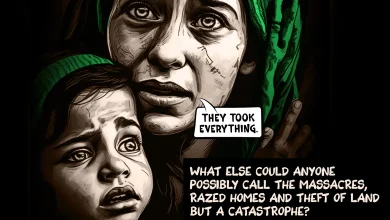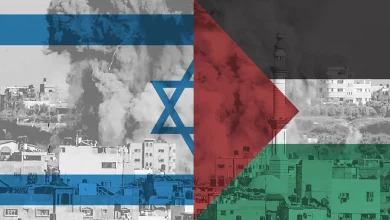Unraveling the Complex Threads of Zionism and the Israeli-Palestinian Conflict
Unraveling Zionism: A Historical Tapestry
In delving into the historical complexities of Zionism, the Israeli-Palestinian conflict, and the creation of the state of Israel, it becomes apparent that this multifaceted narrative is deeply rooted in a series of events, ideologies, and political maneuvers. Let’s explore some key points in a blog-style post.
1. Origins of Zionism: The foundations of Zionism, the movement advocating for a Jewish homeland, were laid by Theodor Herzl. Shocked by the persecution of French Jewish officer Alfred Dreyfus, Herzl envisioned a sanctuary for Jews, leading to the birth of Zionism.
2. Herzl’s Vision and Uganda: Contrary to common knowledge, Herzl initially proposed Uganda as a potential location for the Jewish state. This raises questions about his perceptions of Palestine’s suitability and the potential resistance from its inhabitants.
3. Shifting Identities: Before the Dreyfus Trial, European Jews often identified with the Khazars, and Palestine became a focal point for Jewish nationalists only a century ago. Interestingly, key Zionist figures initially opposed Herzl’s proposal of Uganda.
4. UN Partition and Land Ownership: The 1947 UN partition plan was contested, with a significant portion of the Jewish religious establishment opposing it. The aftermath of the Nakba in 1948 saw a drastic change in the demographic makeup of Palestine, reducing Palestinians from 89% to 16%.
5. Land Ownership Disputes: Claims about land ownership persist, with UN maps indicating Palestinians still own the majority of lands. This fuels ongoing debates about the legitimacy of land deeds and the nature of Israeli settlements.
6. Controversial Figures and Policies: Founding fathers like Arthur Ruppin held controversial views on race theory and eugenics. The alleged compulsory contraception for Falasha citizens raises questions about Israel’s historical practices.
7. Ethical Dilemmas: Laws against pretending to be Jewish and restrictions on mixed marriages reflect a complex web of state policies. The parallels drawn between Israel’s race laws and historical events in the 1930s are thought-provoking.
8. The Narrative of Resistance: The narrative of Palestinian resistance is explored, emphasizing that resistance arises from dispossession and ethnic cleansing rather than anti-Semitism. Historical figures like Haim Arlosoroff acknowledged Palestinian existence and fears of dispossession.
9. Controversial Alliances: Zionist alliances with Nazis, especially the Haavara Agreement, raise ethical questions about the prioritization of Jewish interests over broader moral considerations.
10. Modern-Day Reflections: The impact of historical events on contemporary perspectives is evident. The complexities of the Israeli-Palestinian conflict continue to shape public opinion and fuel ongoing debates.
Navigating the intricate history of Zionism and the Israeli-Palestinian conflict requires a nuanced understanding of the diverse factors at play. Historical events, controversial figures, and ethical dilemmas have shaped a complex narrative that demands thoughtful consideration and a commitment to seeking a just and equitable resolution.



